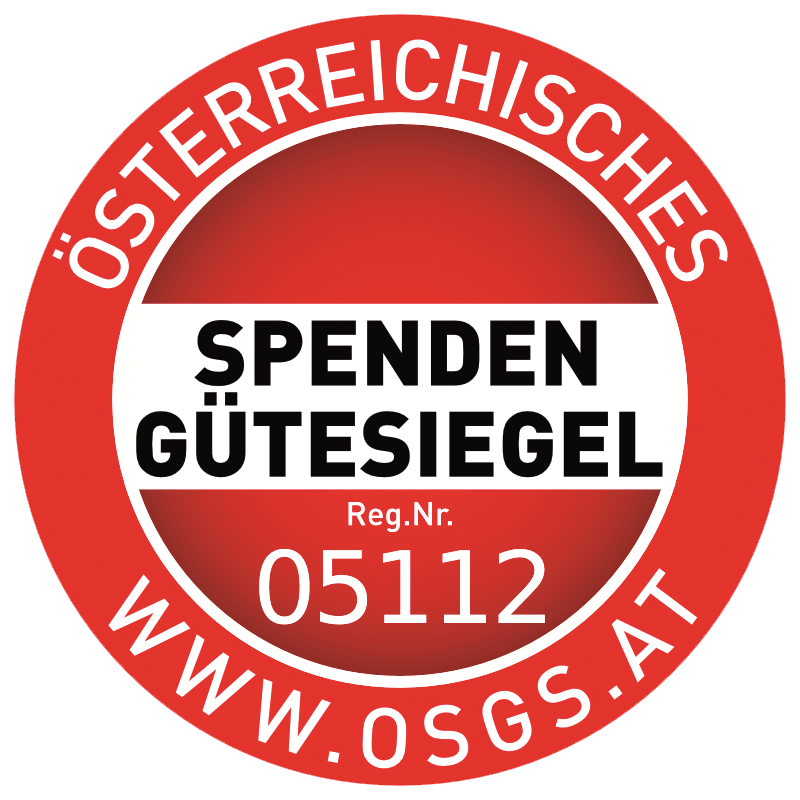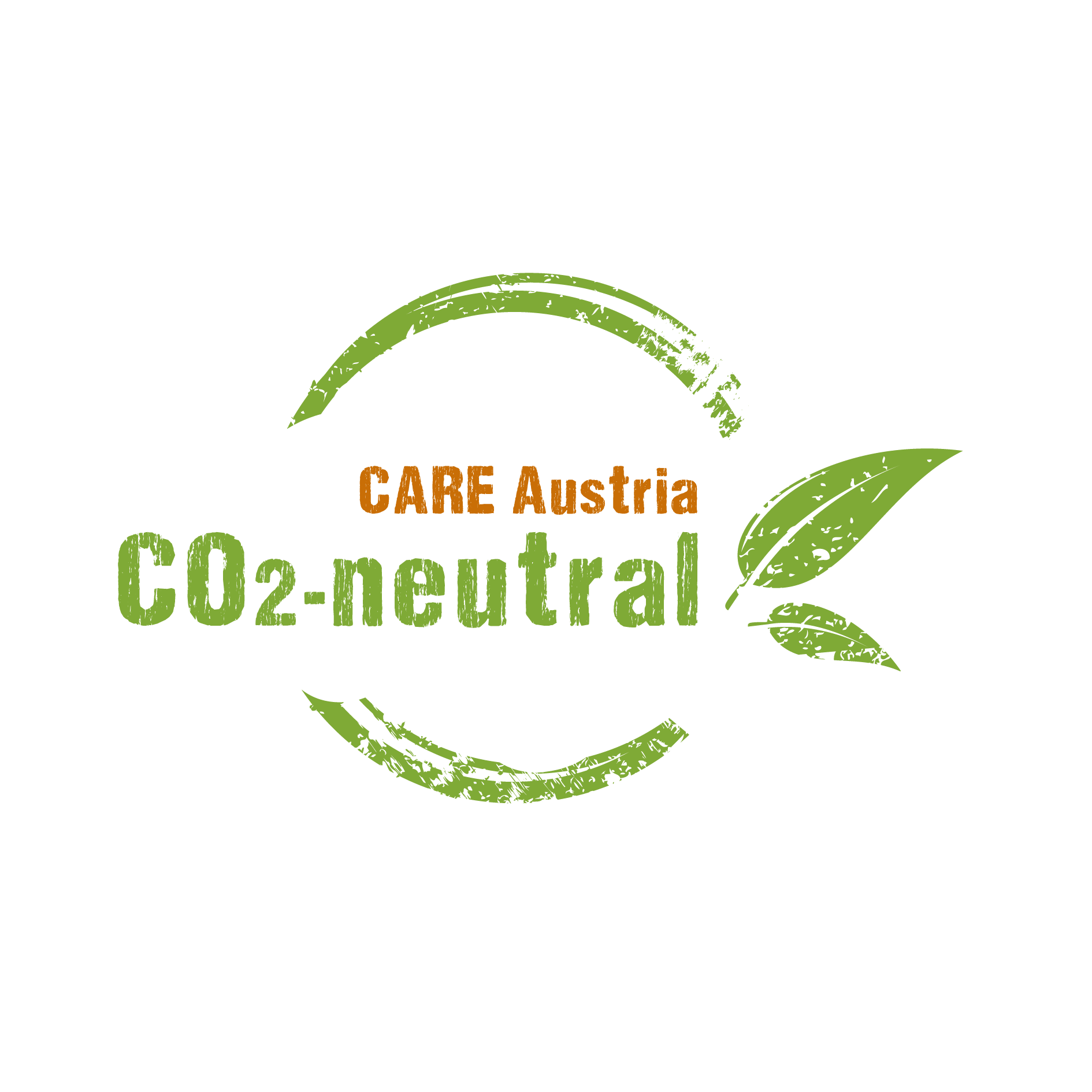Kenya, Uganda, Tanzania: Building the market and sector for social entrepreneurship and social innovation in East Africa – AUT922
The African continent remains the second fastest growing economic region and the fastest growing in terms of both internet capacity and mobile usage. The expanding African middle class, as a consumer base, continues to attract increasing numbers of multinational corporations. The continent is also becoming a thriving location for entrepreneurship. It has the highest numbers of people involved in early-stage entrepreneurship activity, with the highest perception of opportunity and the lowest fear of failure.
Social entrepreneurship is rapidly capturing imaginations across Africa. Anecdotal evidence suggests that there is increasing activity in this field in the form of social start-ups, incubators, accelerators and the emergence of social finance. At the same time, also NGOs and CSOs seem to be turning to social enterprise as a potential model to ensure the longer-term sustainability of their operations. There is a hunger for new interventions, design and programming, as well as system-changing collaborations across sectors to tackle the increasingly complex development challenges.
Despite the popularity of the approach – signalled by the unprecedented emergence, growth and scaling of social enterprises taking on various social problems – the social entrepreneurship sector is heavily fragmented and the supporting ecosystem for social entrepreneurs in Eastern Africa is limited. There is no accepted standard in definition nor practice of social entrepreneurship. As a result, social entrepreneurship is now synonymous with starting and building large social businesses. Still very little is being achieved regarding systemic change and influencing policy to find lasting solutions to the social problems that social enterprises are designed to solve. There is very little participation from the private and public sectors in practising and growing social entrepreneurship.
Overall Objective
To build a laboratory of social intrapreneurs and social entrepreneurs that collaborate on cross-sector social innovations in East Africa
Specific Objectives
I) To build intelligence about trends and patterns of as well as barriers and opportunities for social entrepreneurship, co-creation and innovation in Eastern Africa and to mobilize a wide range of stakeholders as well as social entrepreneurs and intrapreneurs to elevate the social entrepreneurship ecosystem in Eastern Africa (Kenya, Uganda and Tanzania).
2) To develop a laboratory of social intrapreneurs and social entrepreneurs that collaborate on cross-sector social innovations to build the sector and market for social entrepreneurship in Eastern Africa (Kenya, Uganda and Tanzania). The result of this project component will be the establishment of the Visionary Program as a collaborative platform of pioneering decision makers in Eastern Africa to build cross-sector partnerships, social innovations and system changing initiatives in order to find solutions for social and environmental challenges.
3) To support the replication of system changing solutions of leading social entrepreneurs across Eastern Africa (Kenya, Uganda and Tanzania). The result of this project component will be to prototype Impact Transfer as a new fee-for-service program of Ashoka East Africa. Impact Transfer’s mission is to transfer disruptive social innovations across Eastern Africa and to empower stakeholders to facilitate ecosystems for the localization and adoption of social innovations.
Expected Results
ER 1: Changemaker Map for Kenya implemented.
ER 2: Two Editions of the Visionary Program in East Africa implemented and the Ashoka Academy as global scaling mechanism for the Visionary Program developed.
ER 3: Impact Transfer HUB East Africa established, Pilot Impact Transfer Program implemented and the global scaling strategy for Impact Transfer developed.
ER 4: A regional model of collaboration developed to scale this project approach to other world regions.
Beneficiaries
Direct Beneficiaries: 265 local social entrepreneurs (min 40% women)
Indirect Beneficiaries: Several thousand people in Kenya, Uganda and Tanzania
Partners
Ashoka, PWC
Budget
€ 1,000,000
Duration
01.07.2019 – 31.10.2022
Donors
This project is funded by the Austrian Development Agency (ADA) with funds of Austrian Development Cooperation.
This project contributes to the following sustainable development goals (SDGs):












